Dhaka, May 02 (V7N) — The interim government has announced an ambitious plan to increase the capacity of Chittagong Port sixfold, a move aimed at transforming Bangladesh into a more competitive global trade hub. The initiative was revealed by Shafiqul Alam, Press Secretary to the Chief Adviser Professor Muhammad Yunus, in a Facebook post on Thursday.
Alam stated that the plan is designed to boost the port’s capacity to 7.86 million TEUs (twenty-foot equivalent units), a significant leap that underscores the government's focus on expanding export infrastructure amid global economic shifts.
"This is not possible without partnerships with leading global port operators," Alam wrote, emphasizing that such collaborations could send a powerful message to international investors that “Bangladesh is open for business.”
He noted that the next seven months are critical for the country's economic trajectory. “This period can either make or break Bangladesh,” he added.
Highlighting the broader global economic context, Alam referred to the erosion of the post-Bretton Woods order, which shaped the global economy through institutions like the WTO. He remarked that the old structure is now “disappearing,” creating opportunities for countries like Bangladesh to chart new paths.
“The biggest winners of the previous era were countries like Japan, Taiwan, South Korea, Singapore, China, Vietnam, and Malaysia — all of whom developed export-oriented economies catering to US and European markets,” he said.
He added that while nations like Thailand, Indonesia, and the Philippines have also advanced along this path, South Asia — including Bangladesh — has historically lagged behind. “Now, perhaps, Bangladesh’s time has finally come,” he wrote. “Can we seize this moment?”
The government’s proposed expansion of Chittagong Port, the country’s main maritime gateway, is being viewed as a cornerstone of Bangladesh’s economic reform efforts. If implemented effectively, it could significantly enhance the country’s trade logistics and attract foreign direct investment at a critical juncture in its development journey.
END/MSS/AJ



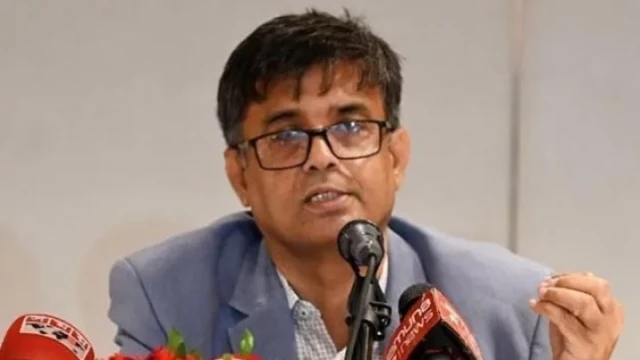
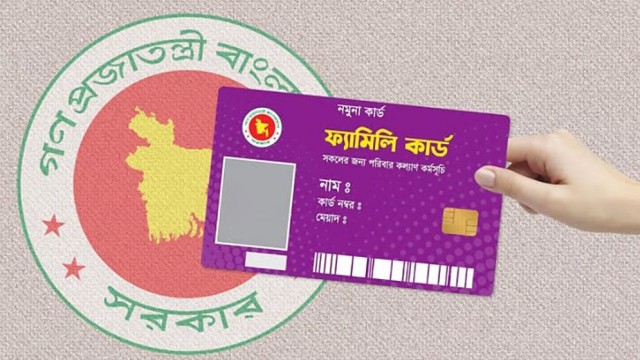

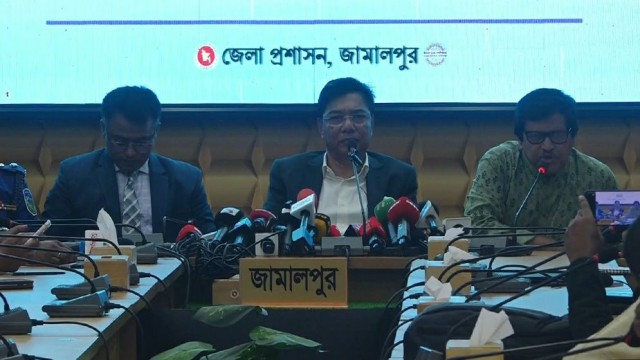


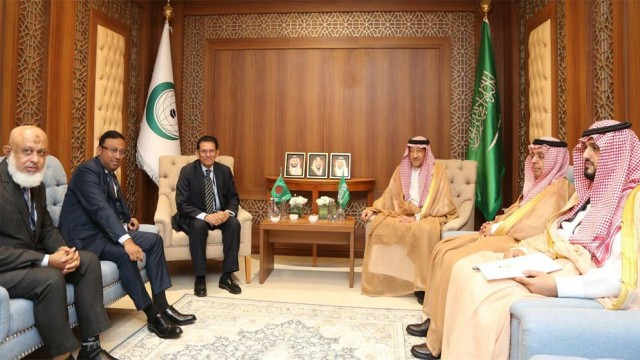


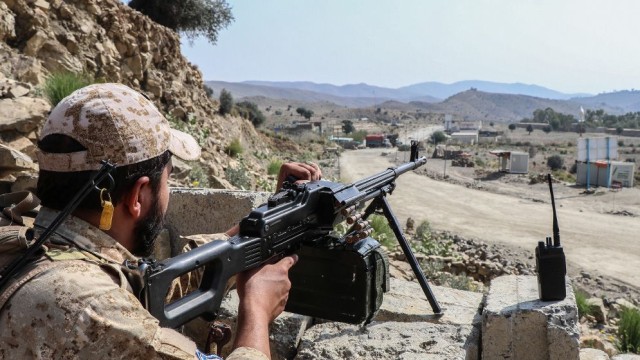









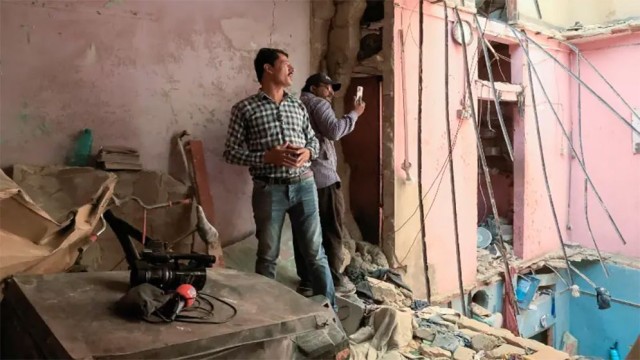


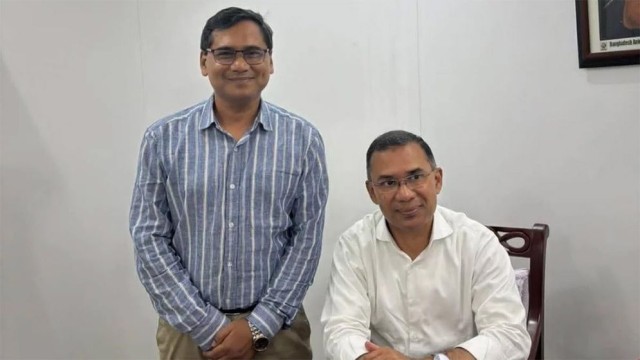

Comment: